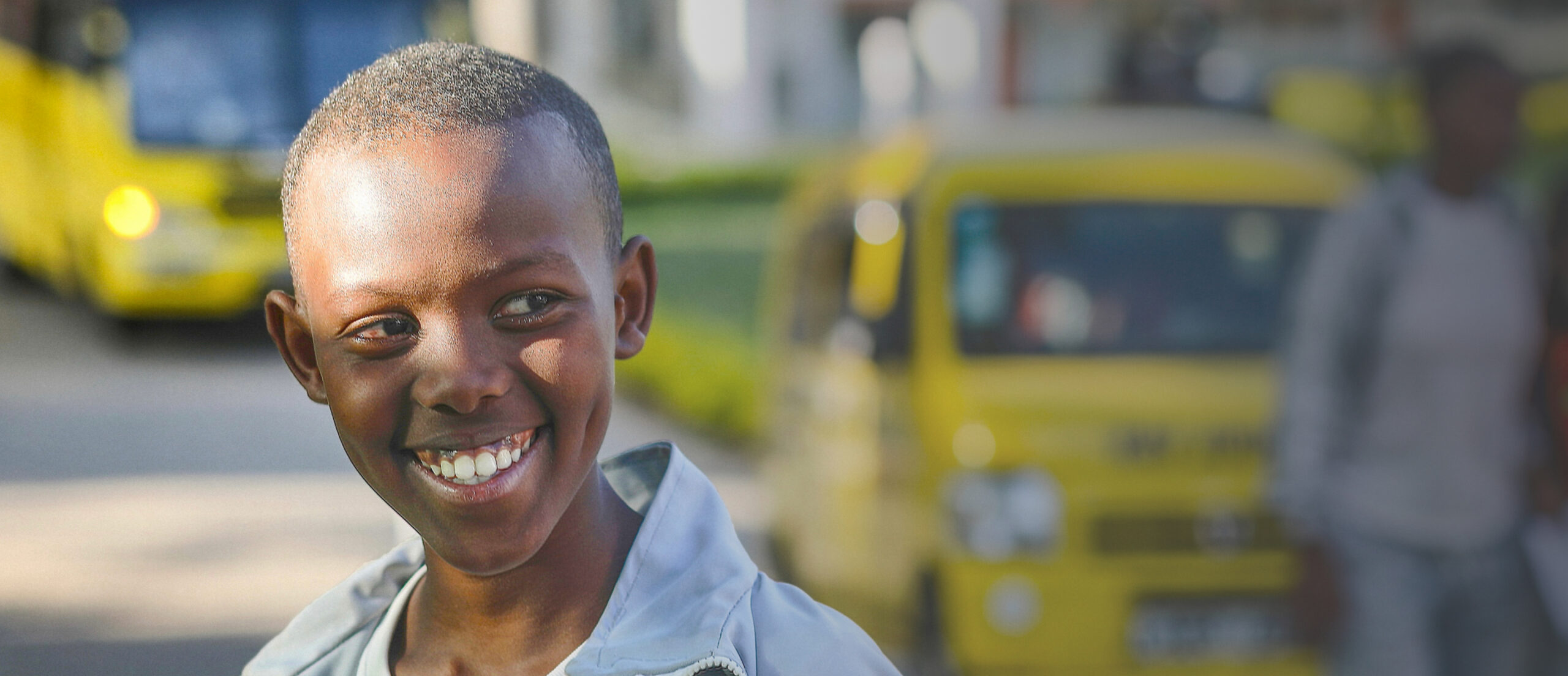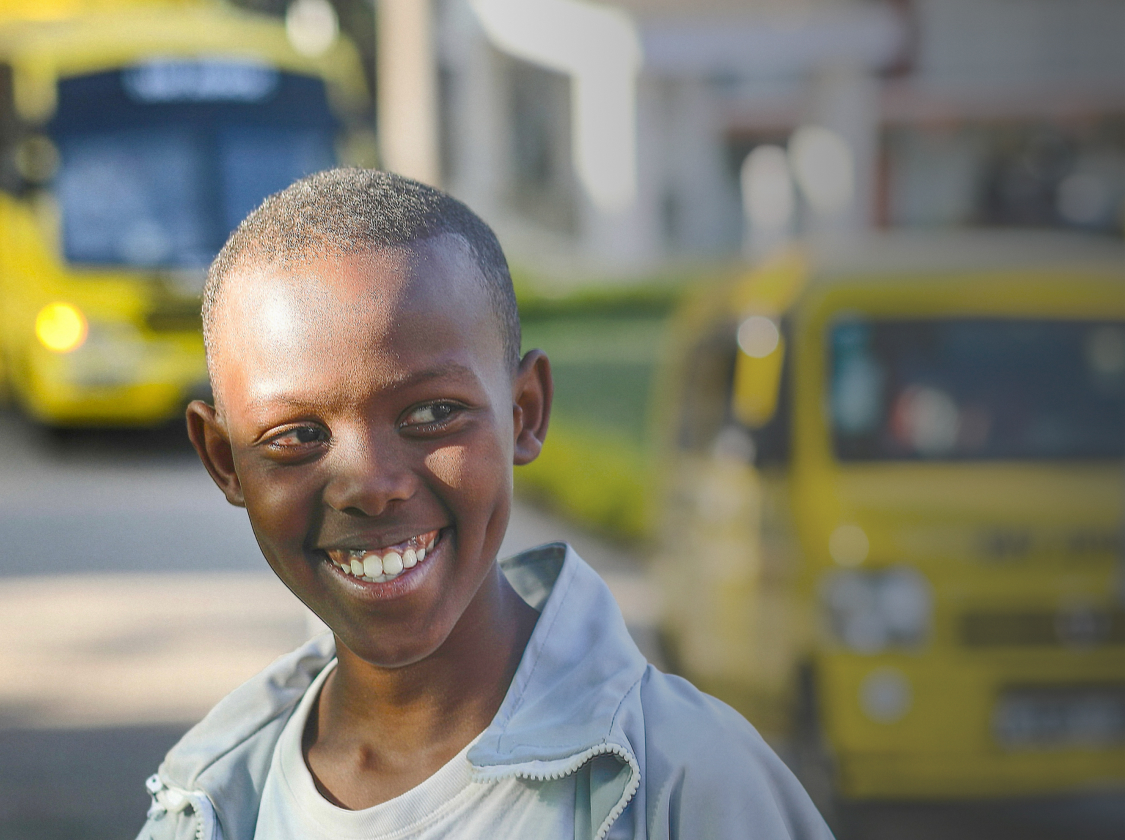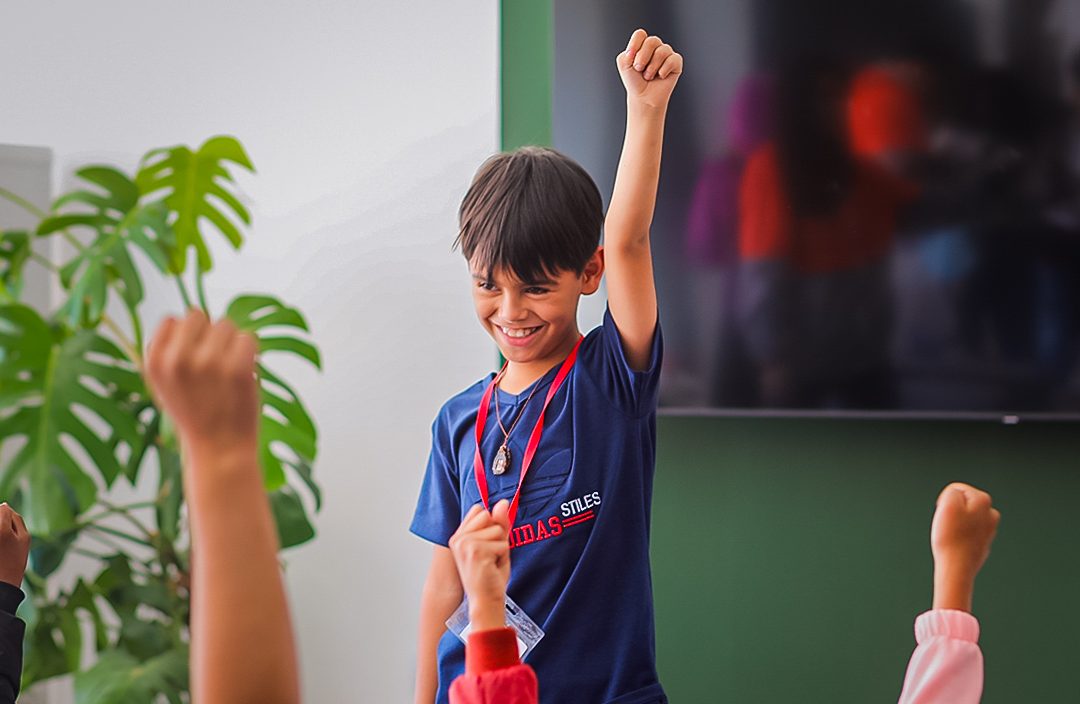
Global Thinking
KEY WORD: FREEDOMFreedom: local roots and outward-facing mentality.
Overview
We are all citizens of a multitude of communities, based on everything from geography to ethnicity, from hobbies to cultural groups. At Still I Rise, Global Thinking is about appreciating this multiplicity, understanding and appreciating one’s own community and being curious and open to exploring others. This, in our view, is an expression of freedom.
We do not aim for uniformity, homogenization or the construction of a common thought. Our goal is to equip our students with experiences, knowledge and skills that they can put into practice to free themselves from poverty, exploitation and oppression. We are not saving anyone, but by freeing the mind, we are enabling anyone to save themselves.
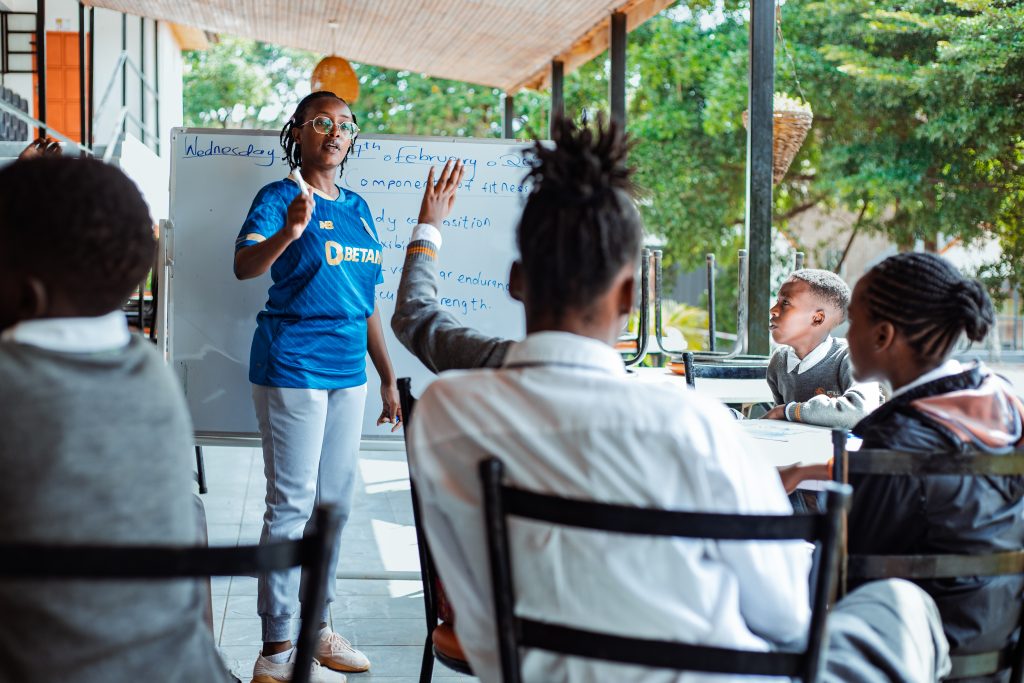
Teaching concepts
Globalization and the technological revolution have made the ability to search for information, select it, evaluate it and analyze it critically far more applicable than learning by heart and regurgitation of facts. We therefore teach universal concepts and skills that interconnect across disciplines, so that students learn through experience that modern problems must be solved with approaches that span multiple areas of expertise.
Where possible, our Schools break free from narrow curricula. Our International Schools are international because we recognize that a specific national curriculum is not enough if we want young minds to think beyond a single glimpse of the world. Another advantage of concept-based teaching and learning is that it avoids limited content.
This approach has been shown to foster critical thinking, encouraging students to analyze information, make connections, and solve problems independently. By focusing on transferable skills, concept-driven learning allows knowledge to be applied in different contexts, ensuring practical relevance. The orientation to concepts rather than content promotes a holistic understanding of subjects, emphasizing their interconnectedness. It also cultivates adaptability, creativity and a foundation for lifelong learning, preparing students for a rapidly changing world.
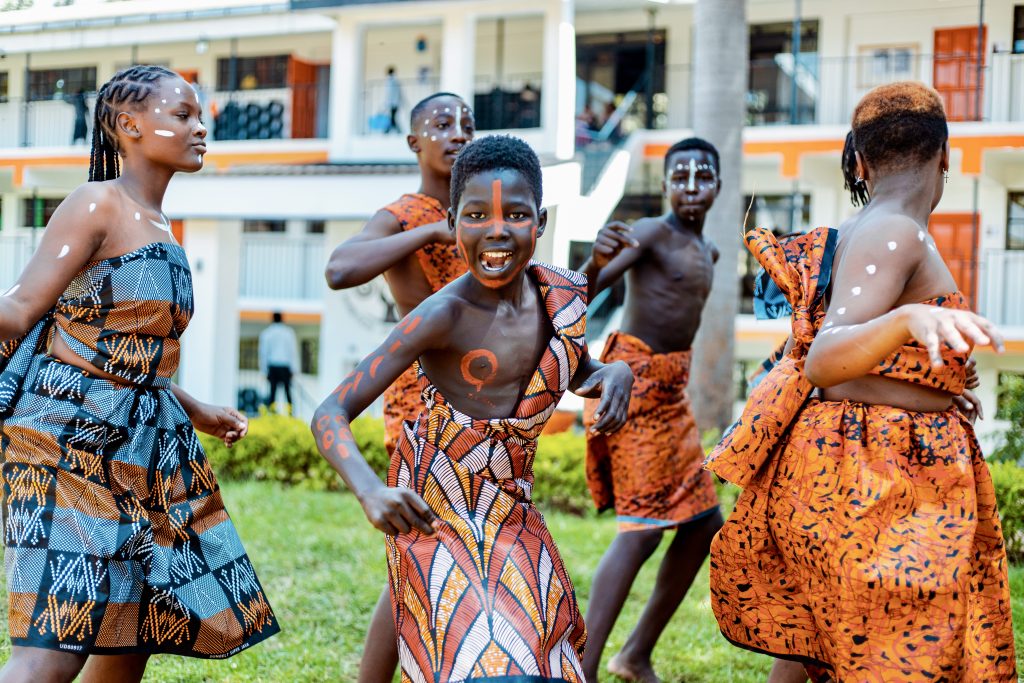
Local roots
Thinking globally does not mean generating an inferiority complex with regard to one’s origin. While most of the world’s International Schools present models strongly centered on Europe and North America, we believe that a truly global educational model cannot ignore the surrounding context.
Universal concepts emerge from understanding the surrounding environment, and we are proud of our countries, our peoples and our communities. When we provide examples of a concept, we prefer them to be of local origin. From history to heroes, one should cultivate an appreciation for all that our countries and their peoples have to offer.
Take for example “Jenga Pamoja” (“Building Together” in Swahili) in Nairobi. Each year we celebrate the diversity of our students and their local traditions. Through film screenings, theater performances, art exhibits, dances, dinners and lectures, we bring the School community together so that everyone can learn more about their own culture and discover others. These are yes fun and entertaining times, but we also make sure there is depth behind the noise and color: for example, the typical food of a country is served by a child from that area who explains its origins and customs to the others, or when it comes to music we translate the lyrics which are then discussed together.
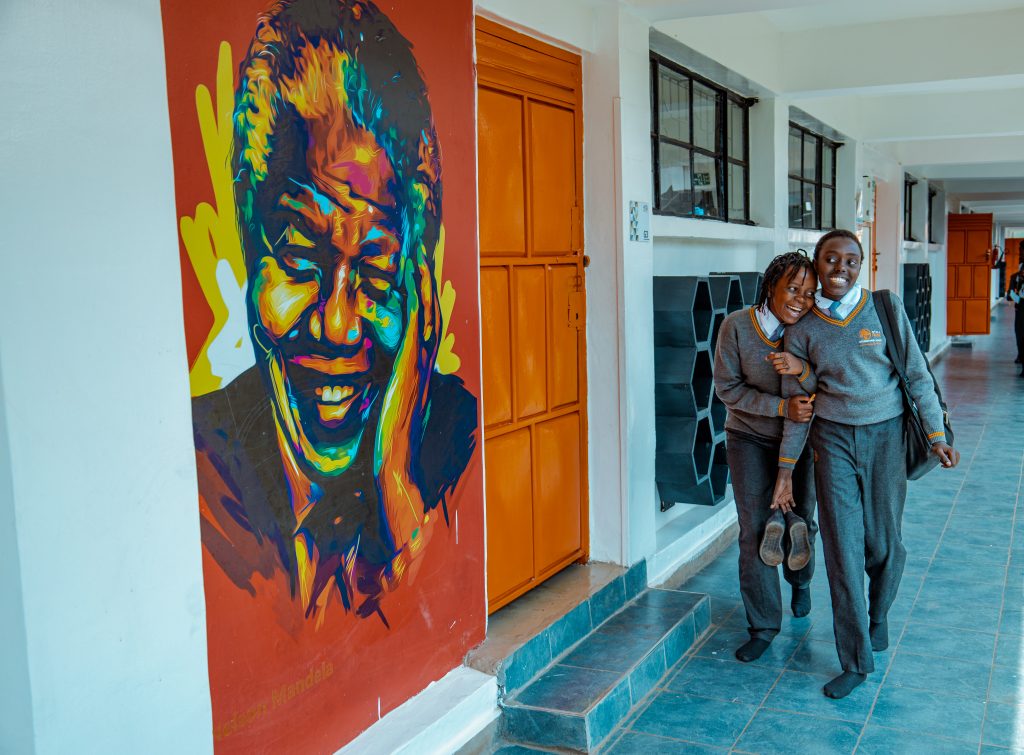
World-Changers
We refer to our students as “World-Changers,” and over time they come to believe in it deeply. Indeed, it is through them that our mission to change the world will be realized.
Students learn how to use the knowledge and skills they acquire to help people: a biology concept can be used to provide medical care, and a language technique can add power and precision to a political cause. Our ambitious, courageous and caring students don’t just learn how their schooling and opportunities open doors for them, they learn how to wield that power and privilege for good.
The best way to become a World-Changer is to start practicing how to instill change now. That’s why our students are expected to take an active role in the school, to improve their surroundings, and to help community members. Among recent projects, our students have taught local children to read, and a student-led club promoted the closure of a landfill near School and the conversion of the space into a green space.
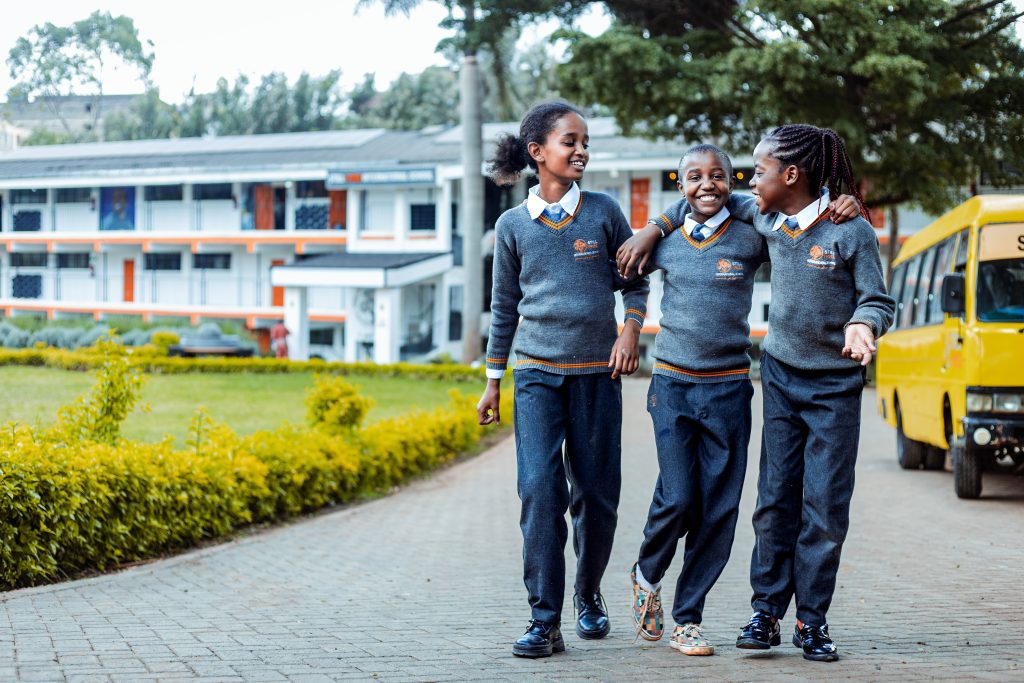
International Baccalaureate
In our International School model, we apply the International Baccalaureate framework. In Nairobi, as a candidate school, this means that we are able to offer our students a holistic and internationally recognized educational program. The IB overlaps well with our pedagogical approach in that it emphasizes critical thinking, cross-cultural understanding and community service.
The Middle Years Program, the level our students are currently in, encourages students to develop a global perspective by exploring issues and ideas from different cultural, national and historical contexts. This helps them become more open-minded and internationally aware.
It also overlaps with many other areas of our model. An IB education encourages inquiry-based learning and the making of conscious connections between conceptual learning and the real world. It promotes practical skills considered crucial in the 21st century, better preparing students for the challenges of the world. Middle Years Program assessments focus not only on the final product, but also on the learning process. Formative assessments help students understand their strengths and areas for improvement, fostering continued learning and growth.
